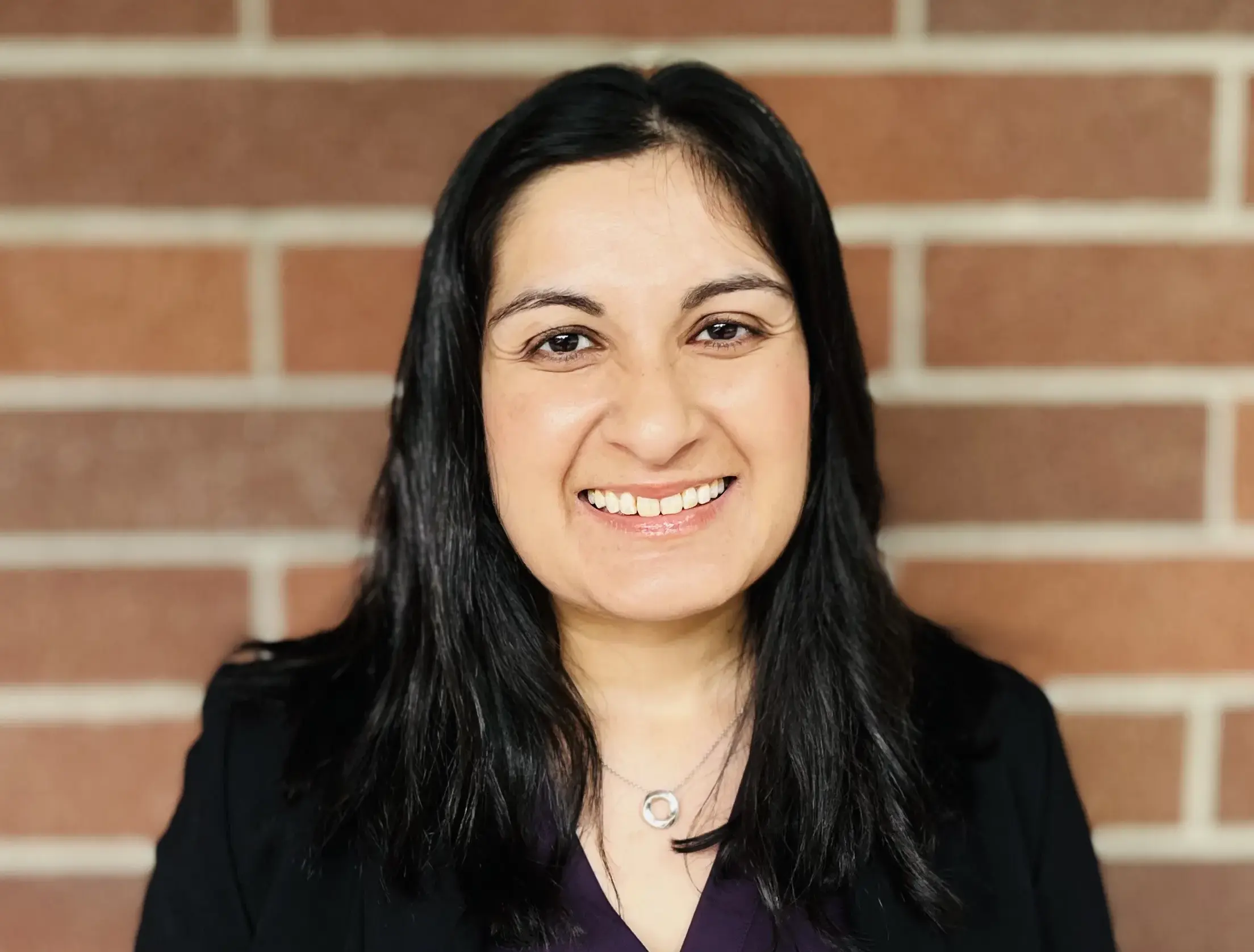
Struggling with math? You’re not alone. Many people find math challenging, but with the right strategies, you can learn how to get better at math. This article will share practical tips to help you improve your skills quickly and effectively. Ready to boost your math abilities? Let’s get started.
Key Takeaways
- Adopting a positive mindset and celebrating small victories can transform your relationship with math and boost confidence.
- Mastering basic arithmetic and creating a consistent study routine are essential for solidifying foundational skills and improving overall performance.
- Utilizing visual aids, practicing mental math, and seeking help are effective strategies for enhancing understanding and tackling complex problems.
Embrace a Positive Mindset
Improving your math skills starts with a positive mindset. Overcoming math anxiety builds confidence and enhances performance. Struggling with math doesn’t define your abilities; see each challenge as a chance to grow and learn.
A growth mindset helps you view difficulties in math as opportunities to improve. This perspective shift transforms problem-solving approaches, making you more resilient and open to new strategies. Consistent practice paired with a positive attitude can greatly boost your confidence and help achieve your goals.
Positive reinforcement is key to gain confidence and build confidence. Celebrate small victories and recognize mistakes as part of learning. Focusing on real progress makes math less intimidating and more enjoyable. It’s important to stay positive throughout this journey.
Master Basic Arithmetic
Basic arithmetic forms the foundation for tackling advanced mathematical concepts. Core operations include:
- Addition
- Subtraction
- Multiplication
- Division
- Subtraction multiplication and division
These are the building blocks of mathematics. Practicing these basic operations is crucial for solving complex problems.
Recognizing the order of operations, remembered by the acronym BODMAS, ensures accurate and systematic problem-solving. BODMAS stands for:
- Brackets
- Orders
- Division and Multiplication
- Addition and Subtraction Mastering this concept can greatly improve your math grades and overall understanding.
Techniques like quick calculations and estimations enhance speed and accuracy in mental math. These skills are useful in both academic settings and everyday life, such as calculating tips or budgeting. Regular practice of mental math can noticeably improve your abilities.
Simple errors, like misaligning numbers during addition or subtraction, often cause mistakes in arithmetic. Paying close attention to details and consistent practice can help avoid these pitfalls and improve your skills, making perfect sense in the learning process.
Create a Consistent Study Routine
Consistency is crucial for improving math skills. A study time schedule helps manage time efficiently and ensures regular practice. Setting aside specific daily time blocks for math study maintains learning momentum and reinforces concepts through consistent effort.
Dedicating just 30 minutes a day to math practice regularly can make a significant difference. Setting realistic, achievable goals keeps motivation high and provides a sense of accomplishment. Here are some practical tips for tracking progress through short-term and long-term goals to help maintain focus.
Incorporating breaks into your study routine prevents burnout. Using technology like math apps and instructional videos can supplement study sessions, keeping the learning experience engaging and effective.
Break Down Complex Problems
Complex math problems become less intimidating when broken down into smaller, manageable parts. Resilience and perseverance are key for mastering challenging concepts. Simplifying problems by identifying their basic components helps to solve problems and is essential for solving math problems, making them more approachable.
Problem-solving strategies and visual aids enhance understanding of complex concepts. Visual representations like graphs and diagrams illustrate relationships between problem elements, making problem solving skills strategy solutions easier to find.
Viewing a problem from a different perspective can reveal new ideas and simplify the process. Summarizing key points and simplifying them to their basics strengthens understanding and helps us understand complex problems more sense. However, there is no silver bullet for solving every issue, and it is important that the solution is understood.
Math gets easier with the right help.
Work 1-on-1 with a TutorLyft math tutor to master the concepts that keep holding you back.
Use Visual Aids and Real-Life Applications
Visual aids enhance understanding of mathematical concepts. Familiarizing yourself with visual representations like graphs and diagrams improves math skills and helps grasp complex ideas. For example, the Cartesian Plane visualizes relationships between quantities effectively.
Applying math to real-world applications enhances understanding. Real-life scenarios connect new concepts to existing knowledge, making them relatable and easier to comprehend. Tasks like budgeting or calculating travel time make learning more engaging and practical.
Mental math skills like fast calculations and estimations are invaluable in daily life. These math abilities save time and make tasks like calculating tips or approximating total costs more efficient. Regular practice significantly improves mathematical skill, including mental calculations.
Practice Mental Math
Regular practice of mental math significantly enhances speed and accuracy. Techniques like estimation and recognizing number patterns are particularly useful for developing number sense. Incorporating these methods into daily routines helps tackle math problems more efficiently.
Mental math improves mathematical abilities and enhances brainpower and logical thinking. Regular practice boosts confidence and comfort with numbers, helping to overcome math anxiety and approach problems positively, making you better at math.
Consistent practice of mental math develops critical thinking skills, better equipping you to solve complex problems. Whether in a math class or real-life situations, strong mental math skills are invaluable.
Seek Help and Resources
To improve math skills, consider the following approaches for students:
- Seek help from teachers, tutors, or online resources.
- Use video tutorials and virtual study groups to gain diverse perspectives and enhance understanding.
- Engage with a learning community to foster motivation and accountability, making the process enjoyable. Additionally, it’s beneficial to study math regularly to reinforce these skills.
Feedback from peers or tutors in a supportive environment boosts confidence and comprehension in math. Online platforms like Schoolhouse.world offer free peer tutoring for academic support. Math tutors provide valuable insights and answers to specific questions during study.
Technology tools like formative feedback apps facilitate real-time error analysis and improve understanding of concepts. YouTube channels and educational websites are excellent resources when classroom explanations fall short.
Review and Correct Mistakes
Reviewing and correcting mistakes is crucial for improving math skills. Understanding the root causes of errors helps avoid repeating them. Viewing mistakes as learning opportunities leads to better problem-solving strategies and deeper understanding of concepts.
Reflecting on mistakes during practice problems helps identify errors and prevent recurrence. Persistence in correcting mistakes is key to mastering math. Analyzing errors and understanding where you went wrong improves abilities and builds confidence.
Regularly reviewing and correcting mistakes solidifies understanding of key concepts. This process is essential for success, as each concept builds on the previous one. Embracing mistakes as part of learning leads to significant progress and achieving math goals.
Summary
Improving your math skills is a journey that begins with a positive mindset and continues with consistent practice and the use of effective strategies. By mastering basic arithmetic, creating a study routine, and utilizing visual aids and real-life applications, you can enhance your understanding and confidence in math.
Remember to seek help when needed, practice mental math regularly, and review and correct your mistakes. With perseverance and the right approach, you can overcome math challenges and achieve your goals. Stay positive, keep practicing, and watch your math skills soar.















































































